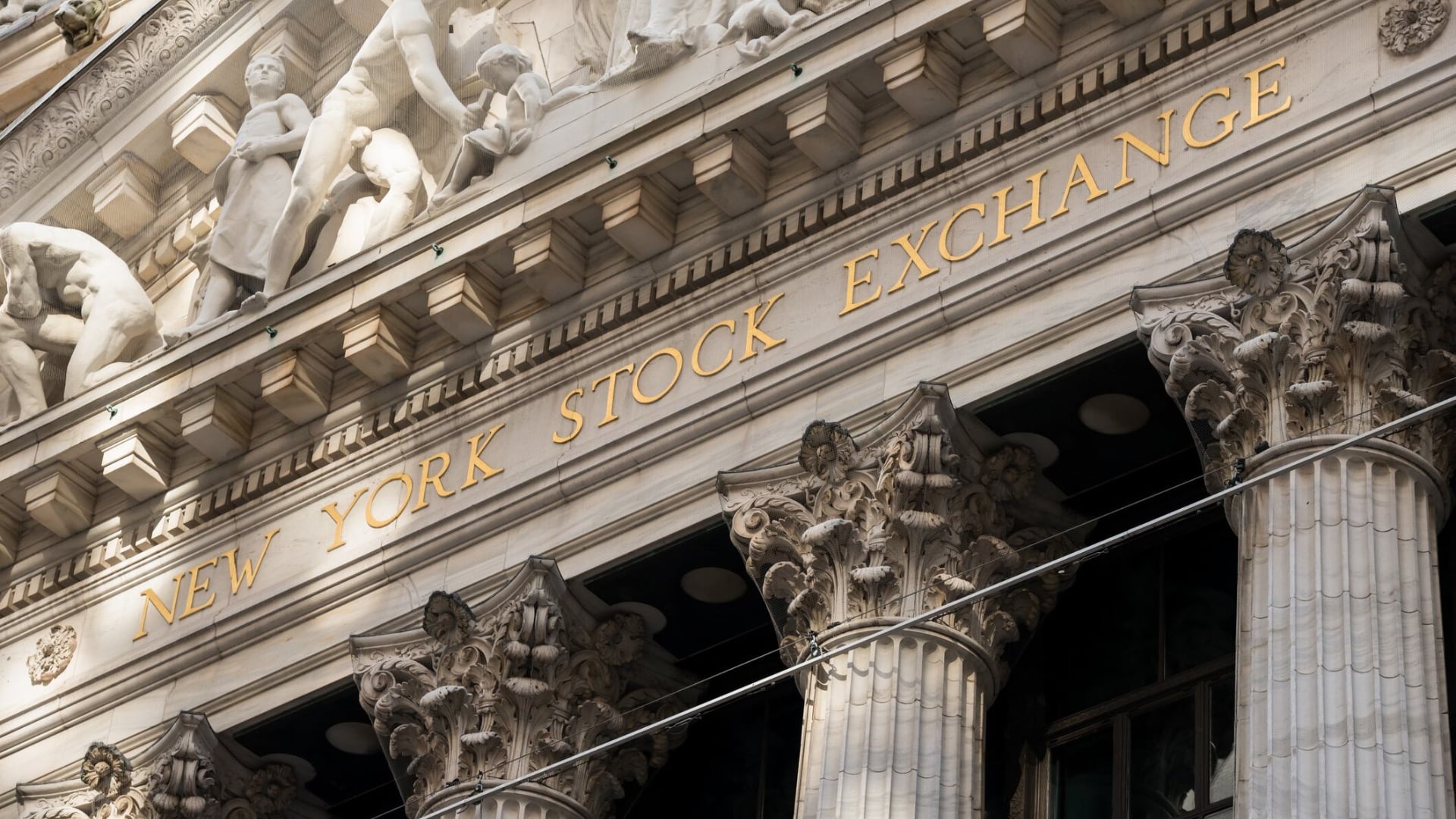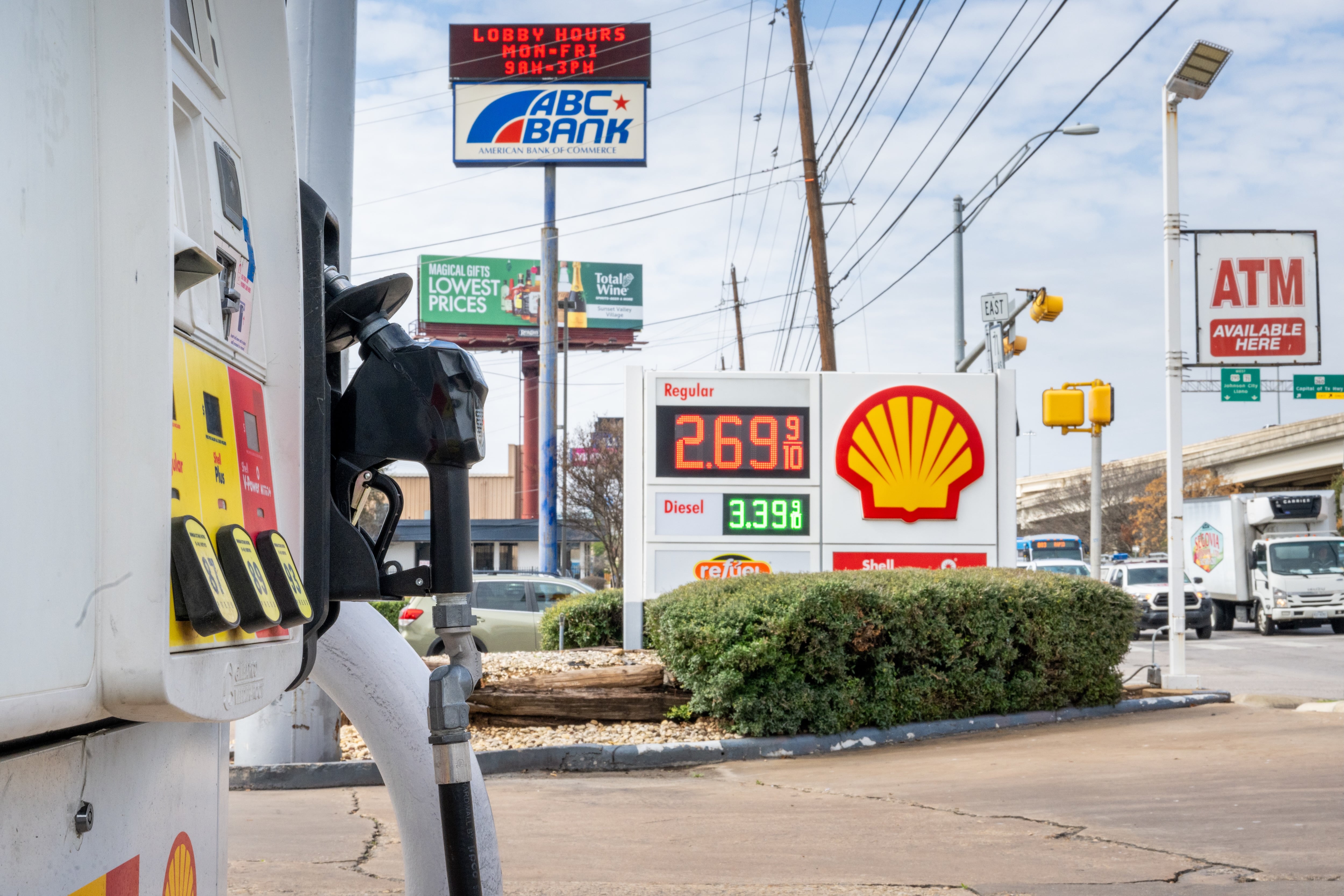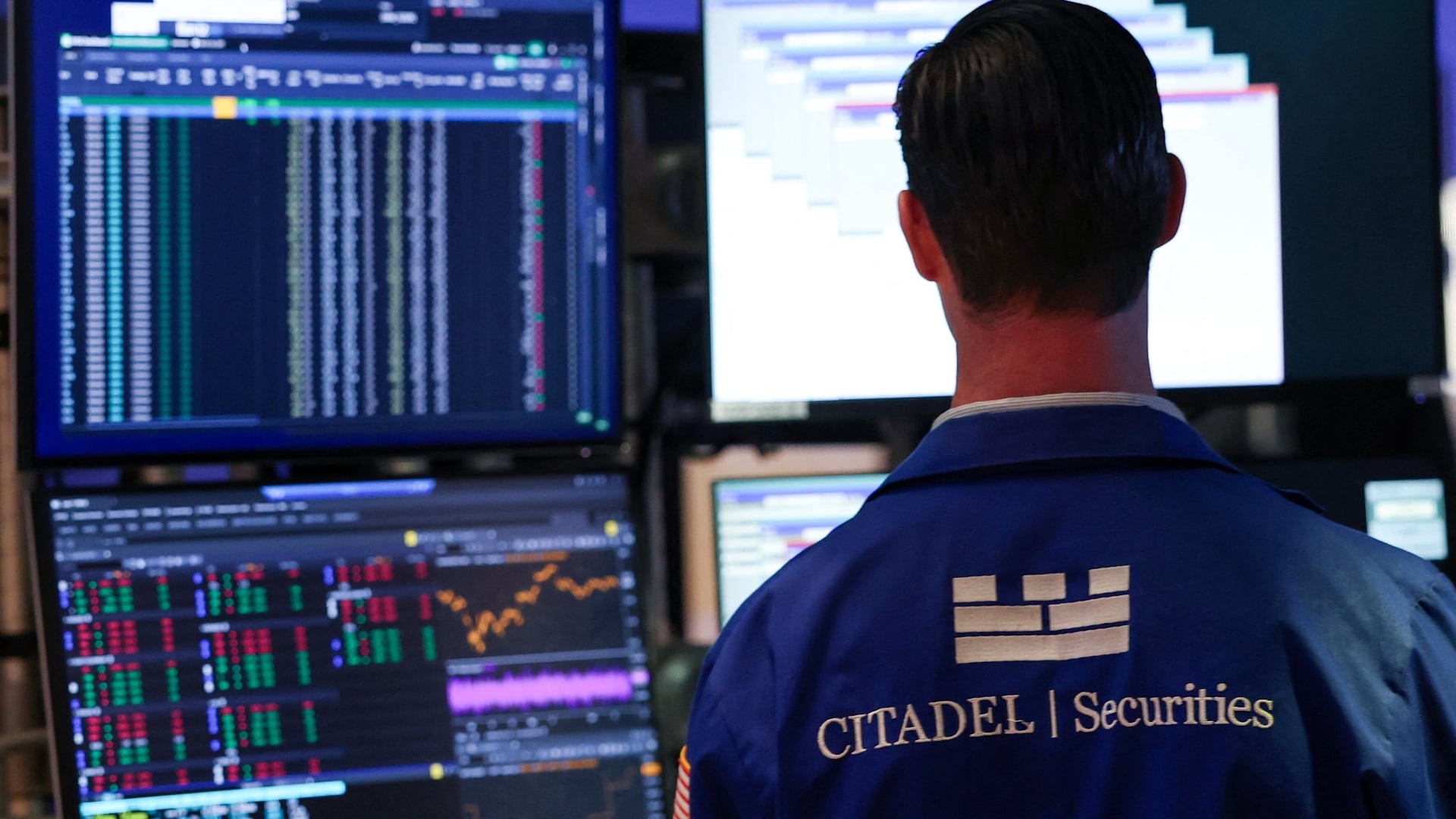*By Amanda Weston* Low-cost airlines have succeeded by dazzling travelers with cheap tickets to popular destinations, but that strategy is growing harder to maintain for long-haul trips. "The problem is nobody's sure whether the model is sustainable," Brian Sumers, senior aviation business editor at Skift, told Cheddar Wednesday. "Norwegian Air loses a lot of money. They do okay in the summer because everybody wants to go to Paris or Stockholm or London in July and August. But right now, February mid-week, it's very hard to get tourists to fly between the United States and Europe." Low-cost airlines like Norwegian capitalize on offering customers a less costly alternative to what Sumers called "legacy airlines," such as American Airlines ($AAL), United Airlines ($UAL), and British Airways. But Sumers said those big airlines are actually the low-cost companies' biggest risk when it comes to long-haul trips, despite big names getting nervous when low-cost flights came on the scene decades ago. "They have been absolutely fierce competitors with Norwegian and other airlines like this," Sumers said. "You'll find maybe if you want to go to London or Paris this summer, you can go to Norwegian Air's website. You'll find a pretty good deal, but I bet you can go AmericanAirlines.com and find exactly the same deal. That's been really tough for Norwegian. I don't think they expected legacy carriers to be such fierce competitors on a lot of these routes." When asked whether he thinks low-cost carriers will raise prices, Sumers replied "absolutely." "Norwegian is having some trouble making money," Sumers said. "They're losing a lot of money right now. And I think what they're going to do is when demand rises ー and again that's the summertime when everybody wants to go to Europe ー they're raising their prices." "So you're just not going to see, you know, $99 or even $199 one-way fares to Europe during peak times this summer. You're going to see more like $400, $500, $600 one-way. And it's like, why get off the couch for a price like that? And so Norwegian is just not stimulating the market like it once did." But for short-haul low-cost carriers, such as Frontier and Spirit ($SAVE), Sumers said: "They're doing just fine." For full interview [click here](https://cheddar.com/videos/long-haul-trips-bring-big-competition-for-low-cost-airlines).












